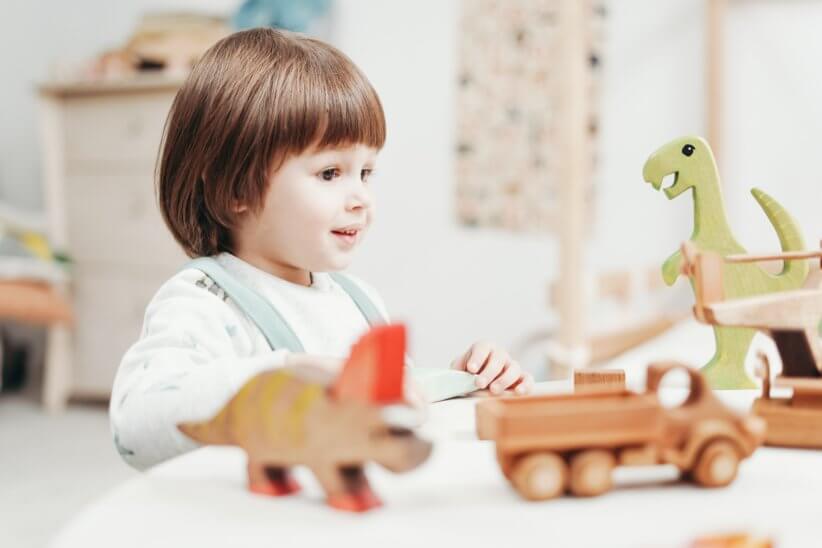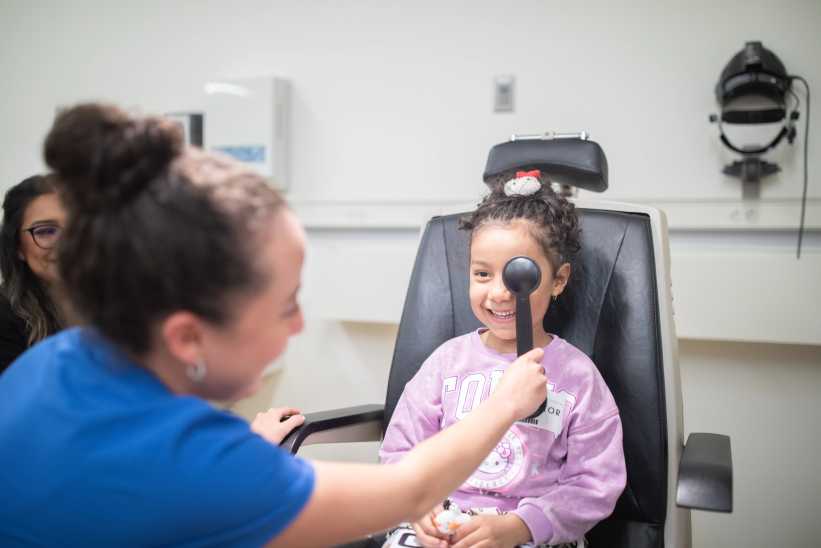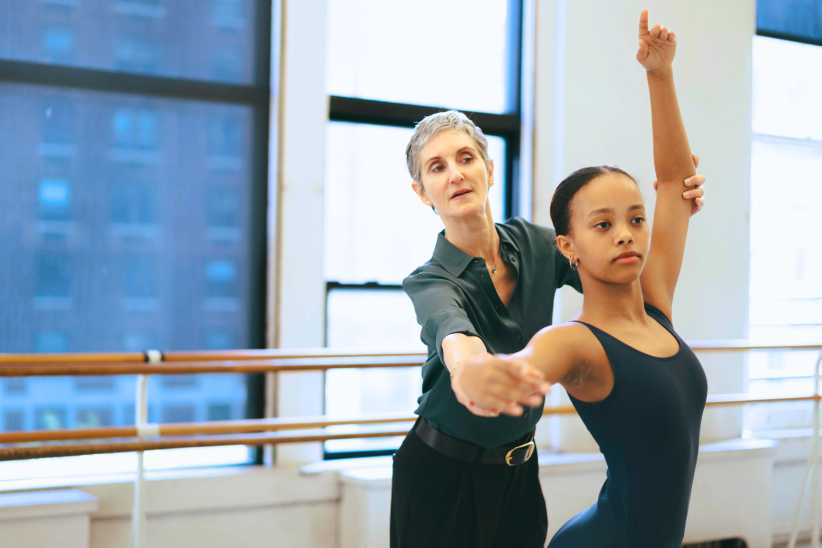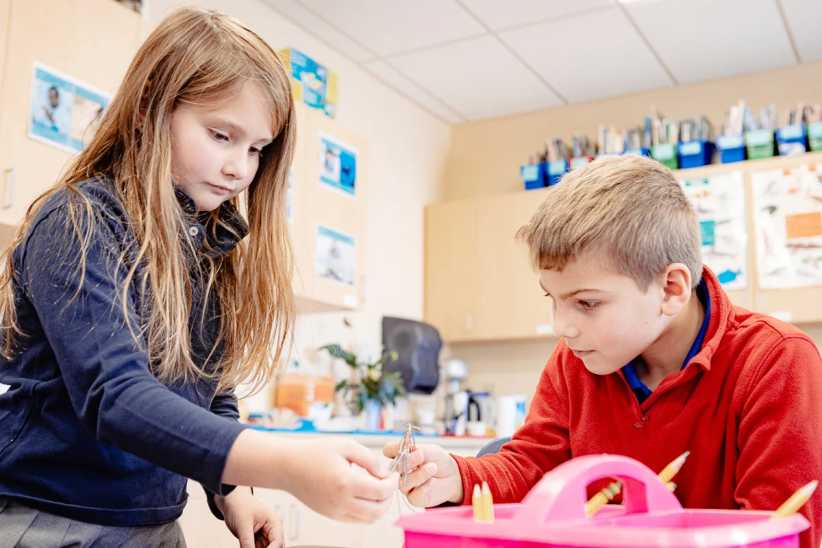
According to the American Academy of Pediatrics, play allows children to use their creativity while developing their imagination, and physical, cognitive, and emotional strength. Play is important for healthy brain development and it is through play that children from a very early age engage and interact in the world around them. However, not all play is created equal and for children with special needs, play can be a daily challenge at home and at school.
It is important for parents of special needs children to understand that like language and motor skills, play skills in all children should progress and reach developmental milestones. And, just like the common challenges with language and motor skill development, children with special needs often have delays in their play skills. Parents and educators should be aware of play development and support the skill in children who struggle. Play can be challenging for children with special needs in a variety of ways. Some children lack the language skills necessary for complex play, or some lack the intrinsic interest in exploring toys and play materials. Many children with special needs have difficulty joining in and playing with others, while others have a hard time losing games. Some children prefer structured play or play that follows rules with clear expectations, while others prefer pretend and imaginative play. Regardless of the kind of play a special needs child enjoys and gravitates towards, it is important that they be able to show flexibility during play. A lack of flexibility is known as rigidity (in play or otherwise) and can hinder a child’s ability to reap all the social, cognitive and developmental benefits of play.
Looking for fun activities around the city for your kiddos? Check out Museums, Theaters, and Parks for Kids With Special Needs in New York
Examples of rigid play commonly exhibited by children with special needs:
• Always wanting to play with materials in the same way
• Excessively repetition of routines within play oftentimes paired with a set verbal script (e.g., building an elevator and announcing every floor that it stops on)
• Using scripts from TV or videos (instead of using original ideas or language)
• Frustration when others try and join in and change the game or not wanting their ideas to be interrupted
• Sticking to game rules unconditionally, and becoming upset if changes occur
• Always wanting to select the same color or game pieces
• Difficulty losing
• Excessive use of sound effects instead of language
• Abandoning play when it does not go their way
• Difficulty choosing new play materials or activities
Imagine the scenario: two children are playing with blocks and characters on the rug during free play at pre-school. One child, child A, attempts to share their play idea: “Let’s take the six train to a special park that has a huge water slide and ice cream trucks that you don’t need money for. And after ice-cream, you can ride a pony to this special part of the park that has a jumping castle!” Child A narrates their play, using blocks as the subway car and characters who will visit the park. The second child who has special needs, Child B, listens to these ideas, and maybe even says “Okay!,” but when it’s time to start playing, instead of narrating the journey to the park, they get stuck on acting out the train ride. They move the block subway car slowly, possibly while laying their body down sideways on the rug, and making exaggerated acceleration and deceleration noises. The only language used is a script with an uncanny resemblance to the audio loop on a real train, announcing the next stop and to mind the closing doors.
Child A waits for Child B to join in the pretend park fun, but Child B stays with the subway script. Accelerating, decelerating and announcing the next stop. And the next. And the next. While both children are enjoying themselves, Child A has invited another friend to join in and share in the fun of the imaginary park, while Child B continues to play alone. You might notice, Child B is not upset that they end up playing alone, but rather, seems most comfortable in the safety and predictability of the repetitive and familiar routine.
At first glance, Child B’s play may go unnoticed by teachers or staff. They’re not causing a problem, not yelling or fighting with other children. But the true concern is that Child B, who has special needs, is not accessing play to its full potential. They’ve missed a chance to play more fully with a friend, to use their imagination and creativity to evolve their ideas, and sadly, they seem content to do what’s most familiar and predictable, unwilling to take any risks during play.
Why is it important for a child to have flexible play skills?
Flexible play translates to flexible language use, increased flexibility in social interactions and enhancing a child’s resilience when things don’t go as planned. Let’s face it, being flexible is necessary for everyone; kids, adults, neurotypical people or those struggling with developmental delays. Sometimes your ideas are shut down, sometimes your plans go awry, and sometimes you can’t predict what your friend or partner will do or say. We all need the ability to react and adjust to the world around us, and practicing through play is a great place to start.
How can parents encourage flexible play?
Helping your special needs child increases their flexibility during play and will depend highly on their level of rigidity and their tolerance for disruption. It’s important to take it slowly, and always work to keep play fun and motivating. If a child is likely to become very upset by changes in their play agenda, start by introducing some very small ideas that can be seen as expanding instead of changing. This can simply mean that your character will join theirs on at the airport, or that instead of just building a familiar apartment building, you also build the garage that attaches to it. Try not to change or limit what they’re doing, but rather add your own ideas and model how the play can evolve into something more. Use language such as “I love your idea! It’d be cool if we could add this too!” Remember, play can never be wrong, but it can always be expanded.
If your child can tolerate more redirection in play, you can attempt to facilitate more concrete change like suggesting different ideas for building or working to motivate them to play with different toys or selecting a different color game piece during a favorite board game. If your child is unwilling to give up their preferred toy, think about adding a different toy into the mix so they’re encouraged to use both toys in a new, original way. This may require explicit modeling (e.g., you show them how magnatiles and dinosaurs can go together by building a dinosaur museum). If they love toy vehicles, try using a school bus that people and animals can ride on instead of a closed car that cannot accommodate passengers. This will help allow for more play ideas such as taking the bus to school, to a special destination, and creating a dialogue between the riders as opposed to just using the bus as the main object of play.
Toys & materials that help facilitate flexible play
Choosing open-ended pretend toys that can be used in a variety of ways will allow parents to model and explore lots of different play schemes with the same toys. Play food, building materials, dress-up accessories, play-doh and vehicles which can accommodate characters or animals allow for the most language use and options for ideas. If a child is stuck on playing with toys that appear only usable in a single way (e.g., train sets), think about adding creative challenges such as a pretend rainstorm which floods the track.
While working to increase your child’s flexible play skills, remember to be flexible yourself. Model a variety of language and scenarios, and above all, make sure you’re having fun and being spontaneous. That is, after all, what play is all about!






















